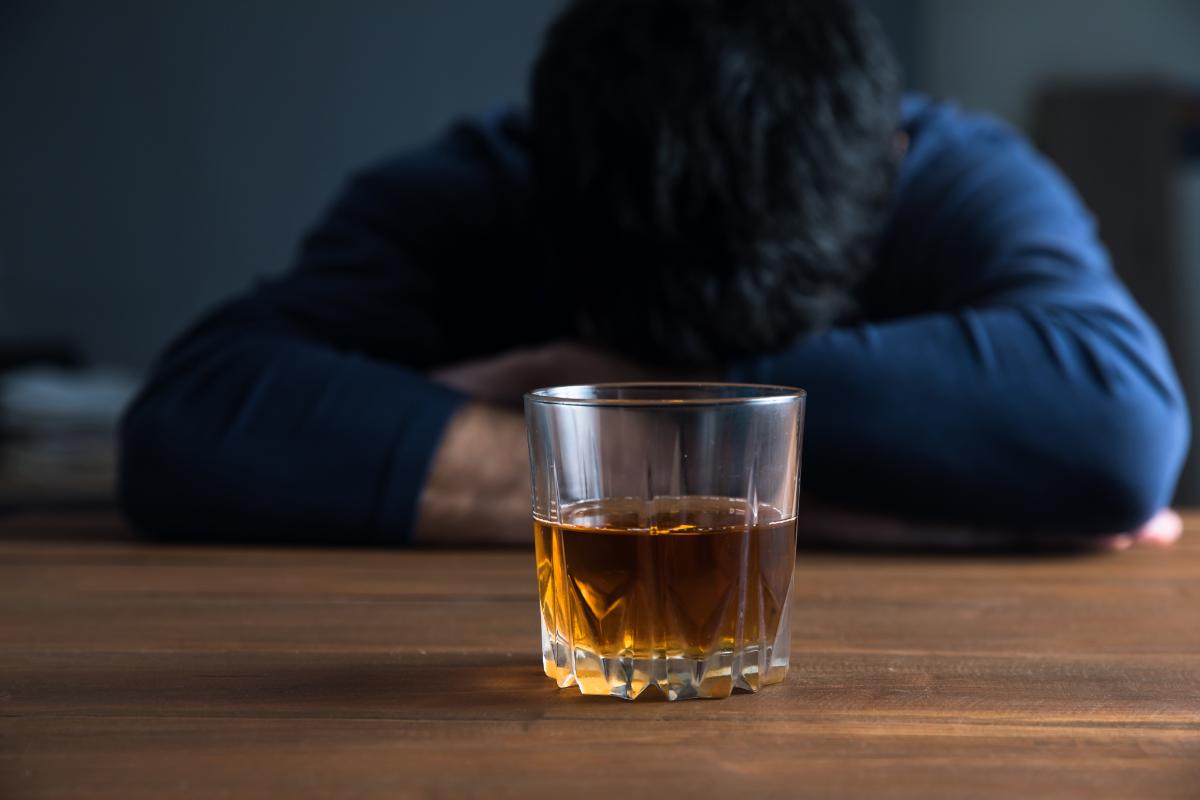Deciding to enter rehab is a significant turning point in your life. We understand that acknowledging a struggle with drugs or alcohol can be one of the toughest steps you’ll ever take. It’s essential to recognize that this decision is not a sign of weakness but a powerful declaration of your commitment to a healthier, more fulfilling life. At Colorado Medication Assisted Recovery (CMAR), we are here to support you every step of the way.
While participating in our addiction treatment programs, you will find yourself in a safe, nurturing, and structured environment designed to help you regain a sense of normalcy. Our team of compassionate professionals is dedicated to providing you with the tools and support you need to navigate this transformative journey. We know that the road to recovery is not just about stopping substance use; it’s about rebuilding your life, and we are committed to helping you every step of the way.
Suppose you’re ready to take the next step toward a sober, fulfilling life. In that case, we invite you to contact us at Colorado Medication Assisted Recovery. Our dedicated team is here to provide the guidance and support you need. Contact us today to learn how we can help you maintain your sobriety and achieve your goals. Your journey to recovery is essential to us, and together, we can create a bright future.

Identify Your Triggers for Relapse
As you prepare to transition back into everyday life after rehab, it’s natural to feel a mix of excitement and apprehension. The prospect of maintaining sobriety can be daunting, but having a solid action plan in place is essential to prevent relapse. We guide our clients in creating personalized strategies to manage triggers, cope with stress, and foster healthy habits.
A big part of maintaining sobriety after rehab or an outpatient treatment program requires you to be honest about the environment and the people around you. Identify the kind of environment, places, things, and situations) that may aggravate your thoughts and cravings associated with substance use. After noting the external triggers, you may want to identify your internal triggers or feelings, thoughts, and emotions related to substance use.
After identifying the cues and triggers, you can then create a plan to prepare and avoid them. The most common triggers among those in recovery include:
- Stress
- Emotional distress
- Environment cues
- Relationship issues
- Job and financial problems
- People who still use the substances
Identifying these triggers is a complex but essential first step to remaining sober after rehab.

Build a Support Network
When recovering from addiction, it is best to acknowledge that some of your past relationships were downright toxic. Even though you may have cut off your dealings with your drinking buddies or drug dealers, the people closest to you may contribute to a relapse. Toxic relationships, such as codependent relationships with friends, family, or employers, may contribute significantly to your chances of relapsing. It’s crucial to cultivate healthy relationships with supportive friends and family members who can provide you with a sense of security and stability. Even though your relationships may be damaged, seeking a family therapy program in CO can help you repair them.
In family therapy, you will learn how to communicate effectively, resolve conflicts, and establish healthy boundaries. You can also develop a sober support network by attending 12-step meetings or therapy sessions. These groups will help you feel connected to others who are going through similar challenges.
A Structured Routine and Healthy Living Habits
Having a well-structured and organized lifestyle will help you focus on the goals you have in life. On the other hand, having a disorganized lifestyle can hinder your recovery. Staying sober is the priority. However, focusing on your goals can distract you from substance abuse triggers and help you maintain sobriety after rehab. Therefore, it is crucial to develop a structured daily and weekly routine while participating in addiction treatment therapies and stick to it.

Prolonged drug abuse can have a toll on your health; therefore, at the time that you are going through recovery, it is important to prioritize self-care and ensure you have the strength to remain sober. Some of these healthy habits include:
- Exercising regularly
- Making time for your hobbies
- Eating regular, well-balanced food
- Get ample and quality sleep
- Practice mindfulness and yoga
Identify the practices that help you feel less stressed and anxious, and incorporate them into your routine regularly.
Finding Financial Sobriety After Rehab
People recovering from substance abuse and addiction often have financial problems. These problems can include difficulty meeting workplace responsibilities, maintaining employment, or managing finances responsibly. Drugs and alcohol can be expensive, and it’s not uncommon for those in active addiction to drain their savings.
Rehab is an investment in your future. Additionally, addiction treatment programs are typically covered by insurance, which can make it easier for you to begin treatment without worrying about your finances.
Having financial issues can be a significant trigger for relapse, and even though the changes might not happen overnight, it is possible to get your finances in order by taking baby steps. Reach out to your vocational rehabilitation counselor to help you hone your job-seeking skills. Once you have a job, it’s crucial to create a budget and manage your finances responsibly.

Find the Right Support at CMAR
Having support on the road to recovery is crucial in preventing relapse. If you or a loved one needs additional support, don’t hesitate to seek help at Colorado Medication-Assisted Recovery. We’ve designed our addiction treatment to integrate comprehensive treatment and aftercare programs to prepare you for life after rehab. Some of our services include:
- Physician services such as medication-assisted treatment
- Support services surrounding addiction recovery
- Dual diagnosis treatment
- Behavioral health counseling
- Family involvement and education
At CMAR, we believe in the power of community. We encourage you to connect with a support network, whether through group therapy sessions, support groups, or sober social activities. Surrounding yourself with others who understand your journey can make a tremendous difference in your recovery.
Let us support you as you maintain sobriety after rehab. Contact Colorado Medication Assisted Recovery to learn more about our aftercare programs. You can reach out to our team at 833.448.0127 or connect with us online today.





























